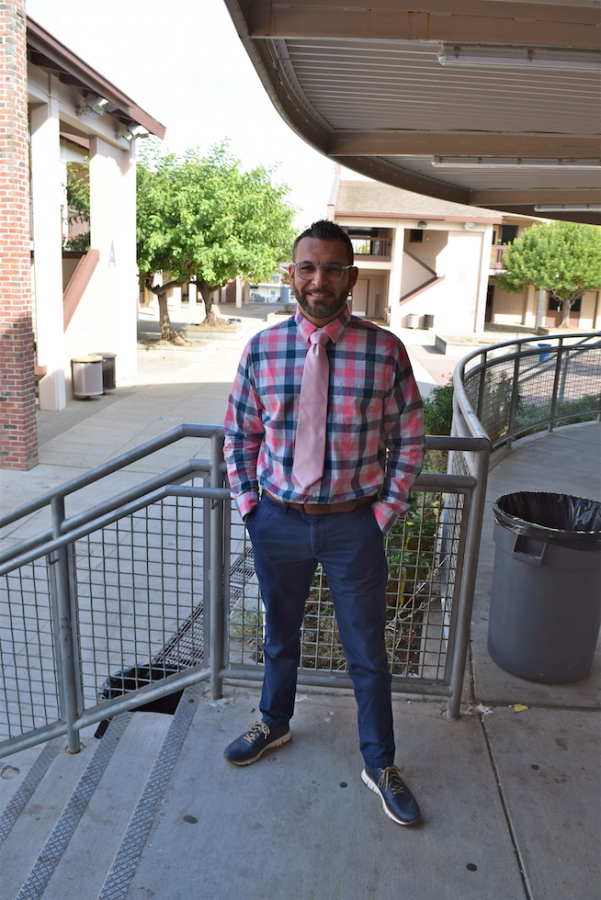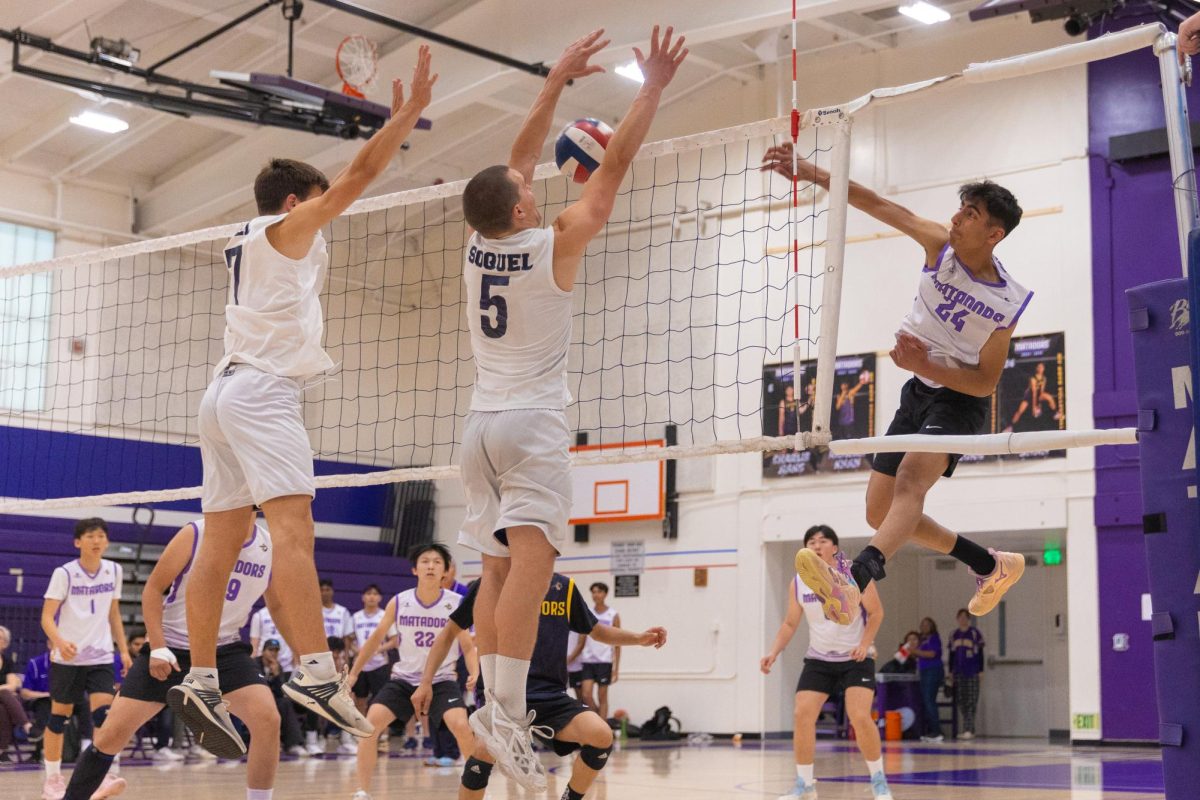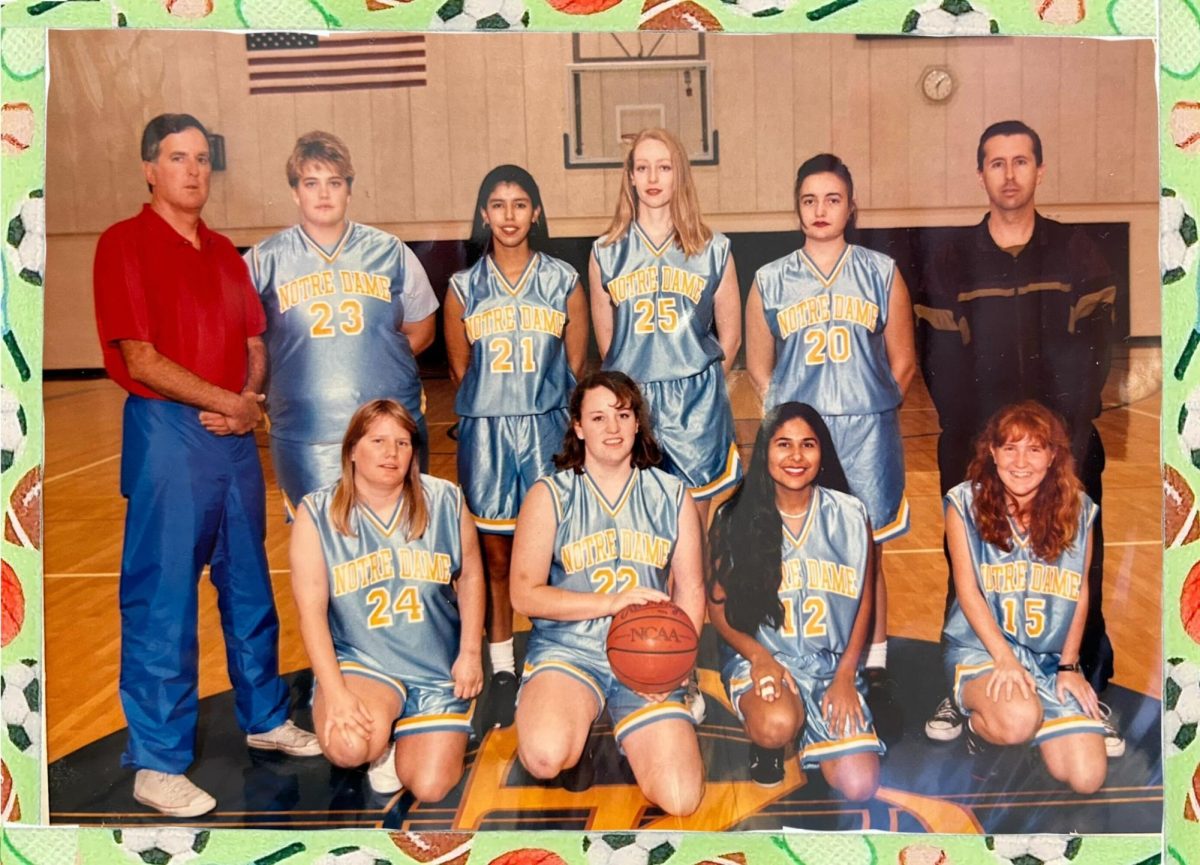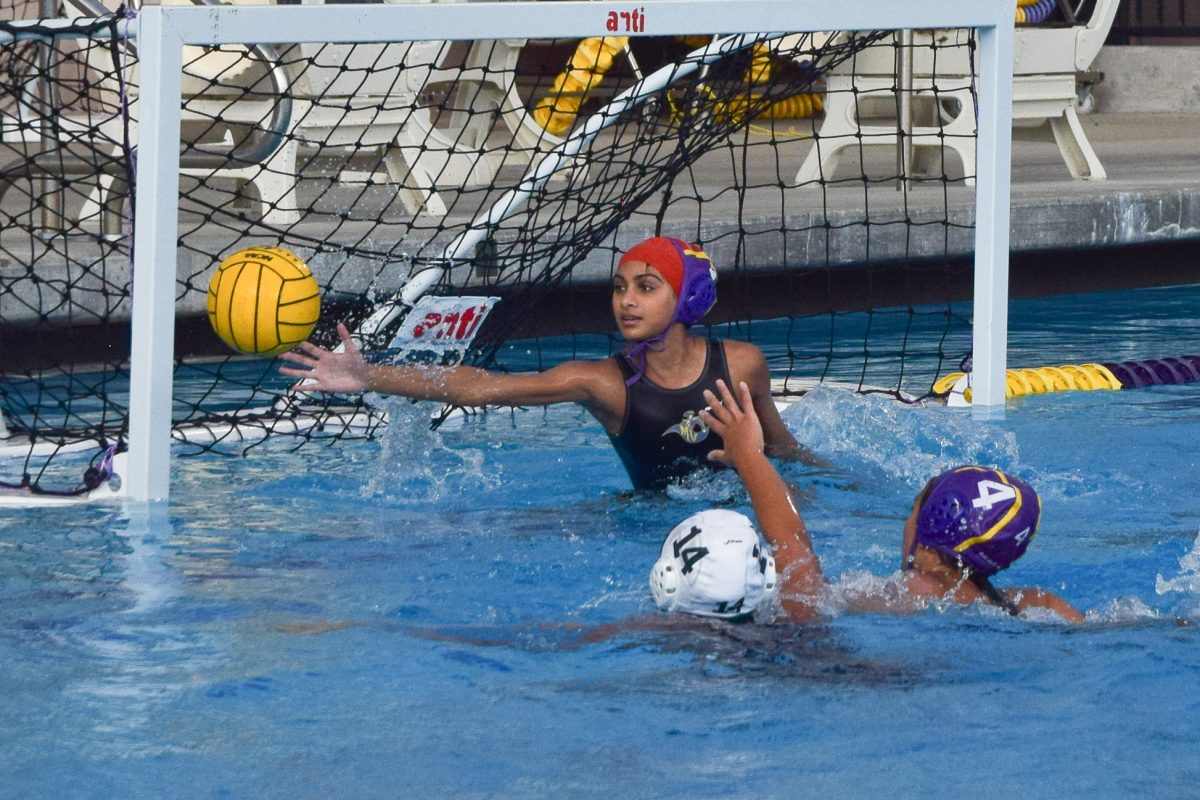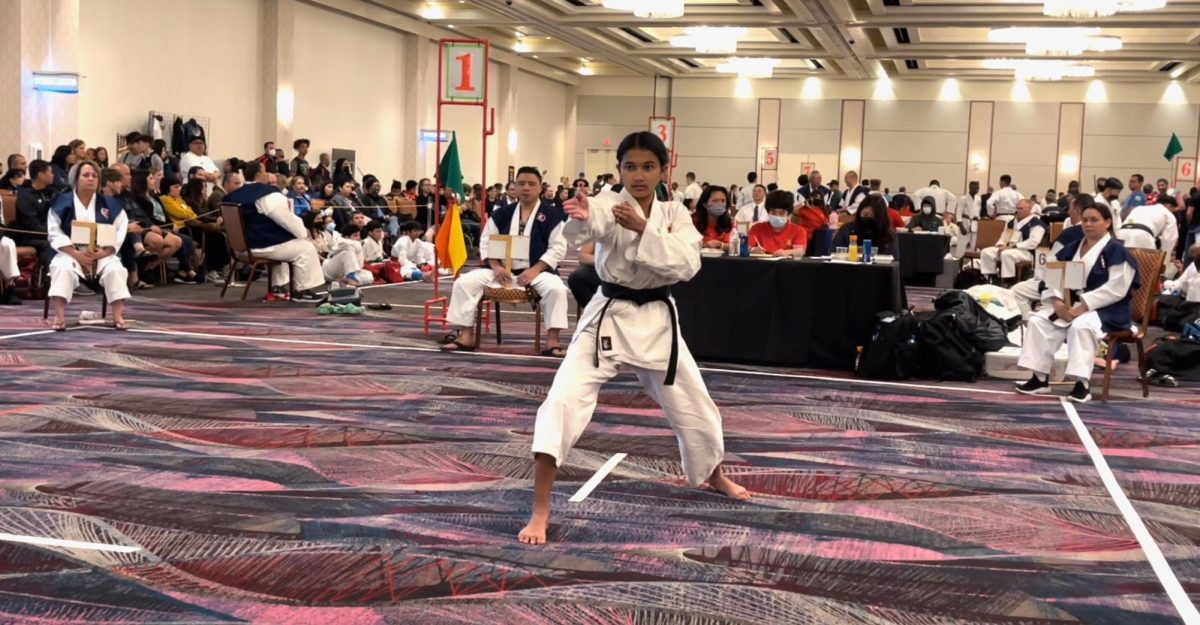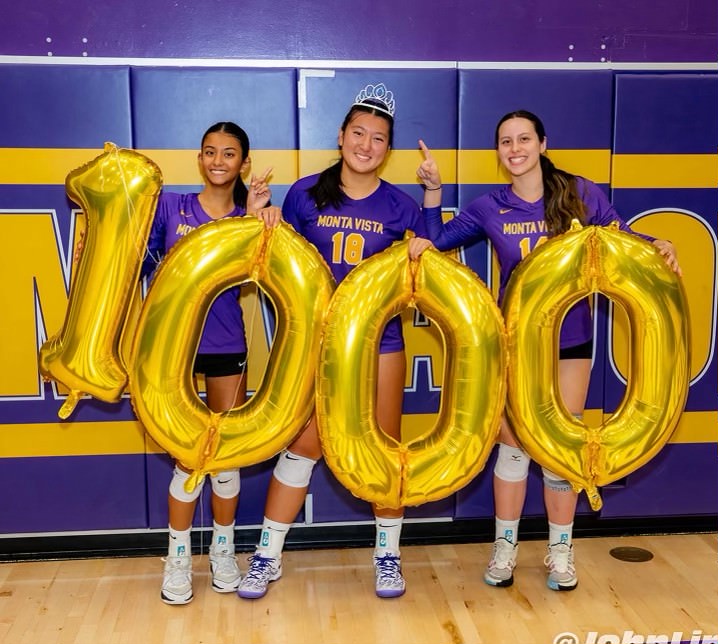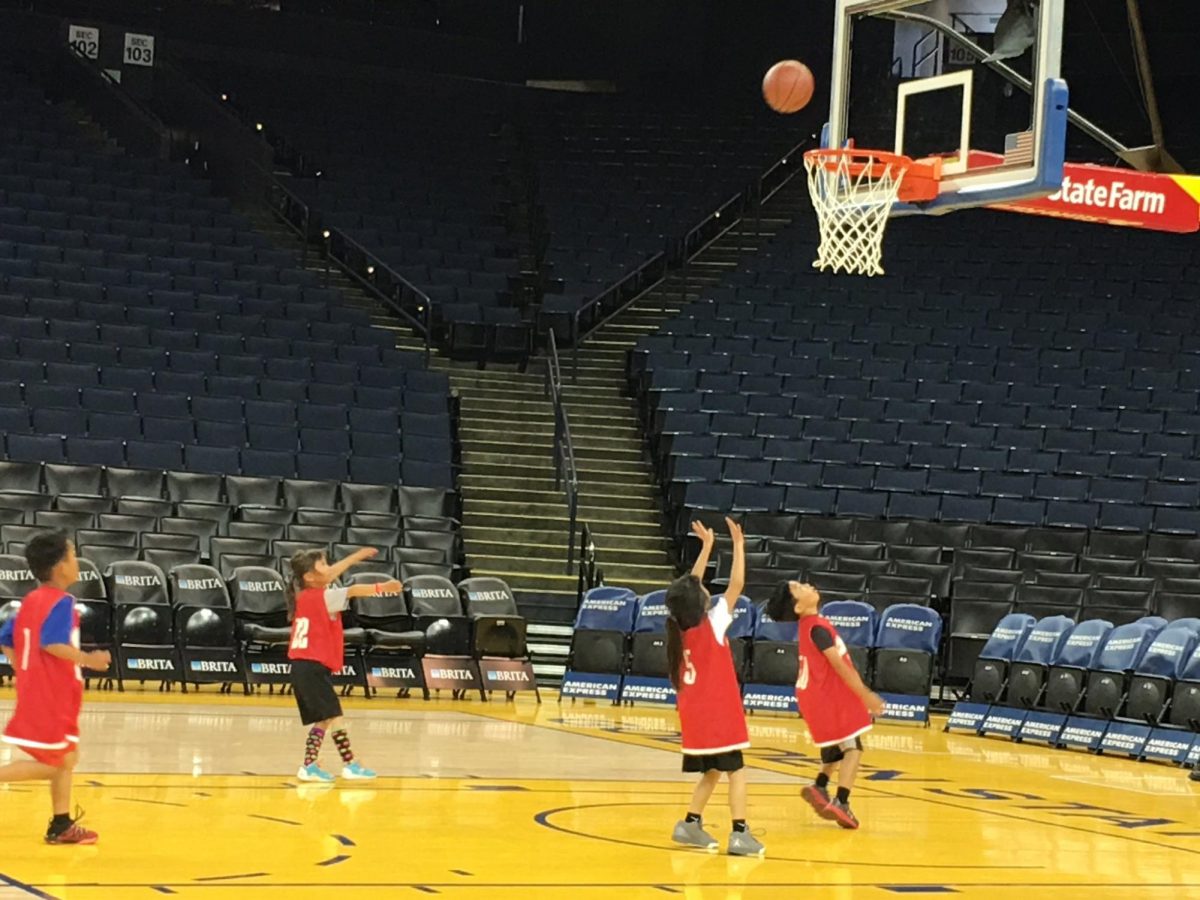Thirty years ago, Michael Martinez thought wrestling was his life. Instead, he sat down and talked about his change of pace from the wrestling mat to the front office as an assistant principal.
EE: You used to wrestle in high school until you broke your neck sophomore year and ended your competitive wrestling career. How important was wrestling to you up until that point?
MM: So I would say judo, wrestling, all of that, was super important. In fact, I was hyper focused on going to the Olympics and being in the UFC and doing all that stuff, and when I got hurt it kind of rocked my world, right? So I wasn’t able to wrestle, I wasn’t able to do judo anymore and it actually got me engaged in school and got me focused on what I was going to be when I grow up. Before then I was really focused on being an athlete; I just needed to get the grades I needed in order to be on the team. That really kind of centered me and put me back in the real world. I really wouldn’t be here if I hadn’t gotten hurt. In a way, it’s one of the best things that’s ever happened to me in my life, which was breaking my neck and going through that surgery.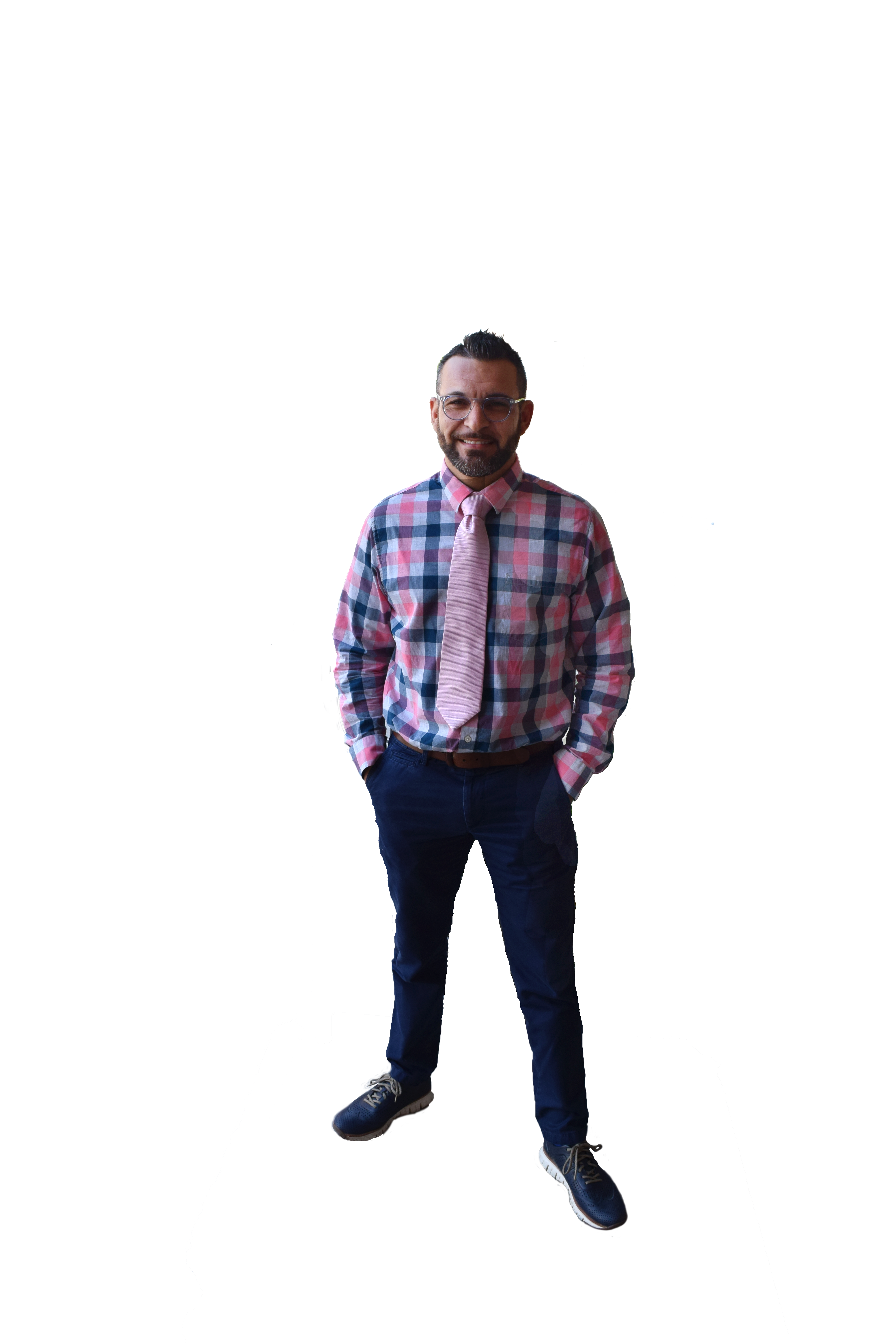
EE: By the time you came to MVHS, you already had ten years under your belt doing administrative work for FUHSD. Did you get involved with high school athletics during that time?
MM: No, all of my work was with special education. I always tried to get involved with wrestling. In fact, I know the coaches at Fremont and Cupertino really well, and we always joked around to get out there, but I’ve always wanted to [return]. I’ve always thought about it, but hopefully now, maybe I can get out and roll around a little bit.
EE: Since you’re moving houses right now and haven’t had a chance to get back into your practice with Brazilian Jiu Jitsu, have you noticed any side effects from a lack of working out?
MM: Yeah, my skinny jeans don’t fit quite as well as they used to a few weeks ago, and that’s a big problem. And also, when I was a young kid I had ADHD, and they never really medicated that. I have big time attention problems, and I’m really hyper, so sports were always my kind of medicine for that. So since I haven’t worked out in a few months, my mood is definitely not as great, and I’m really anxious to get back on the mat.
EE: You’ve described yourself as the type of kid that keeps his hand down in class. Has wrestling helped overcome some of that timidness?
MM: I never wanted attention on me, I didn’t raise ñ I was kind of the back of the room kind of kid; I didn’t want to get called on. In fact, I sat all day in class going ëplease donít call on me. Please donít call on me. Please donít call on me.í The mat was that place where I could kind of let that go. I was very confident on the mat; I was like Jekyll and Hyde on two different people. The person I was in class was very different from the confidence that I had on the mat wrestling; still, to this day Iím more at home when Iím on the mat doing jiu jitsu. Itís where I feel my most [comfortable]. Yeah, I’d say [wrestling] is definitely something that’s helped me create bonds with people.
EE: If you had a message for MVHS athletes what would it be?
MM: Take care of your body. Make sure that you rest, and that you take care of your injuries and donít push through the pain. As athletes, we try to push through the pain just because we don’t want to miss the game or practice, but you have to understand that it’s ok to rest your body. It’s ok to take care of yourself. Thatís the most important thing. The other thing is to balance yourself out; make sure that you have enough time to study and do other things, so you’re taking care of your whole entire self.


